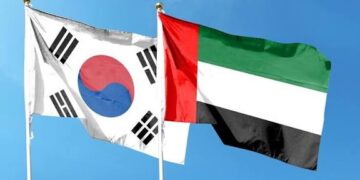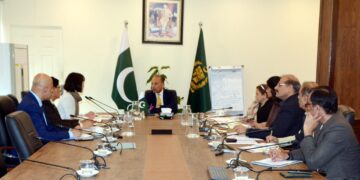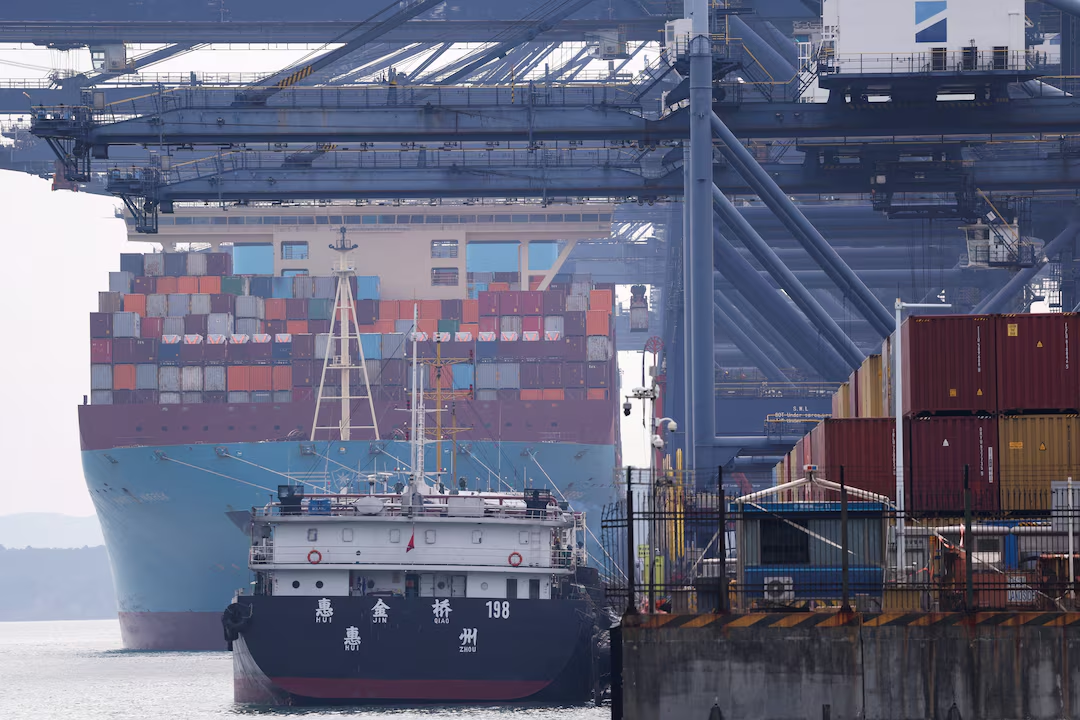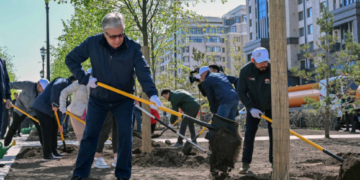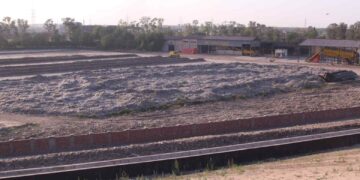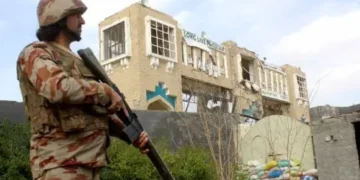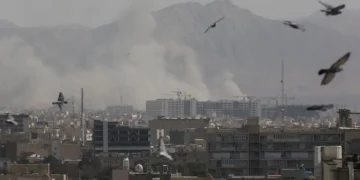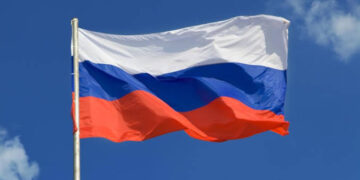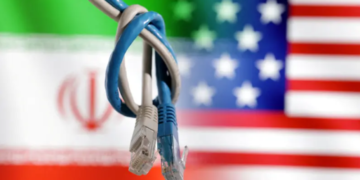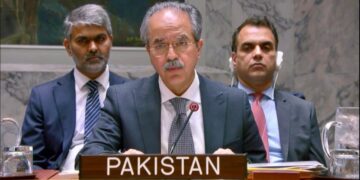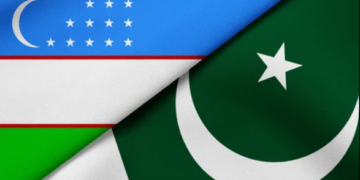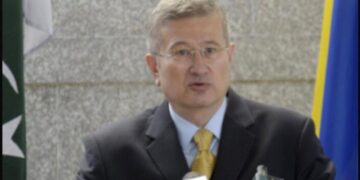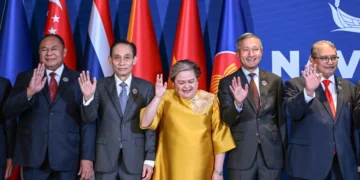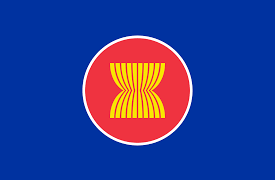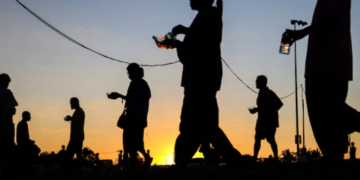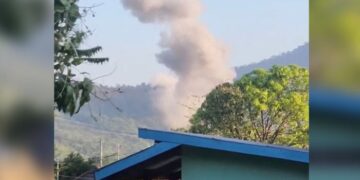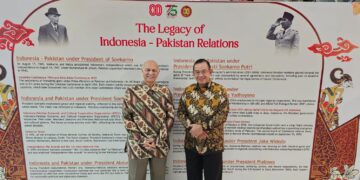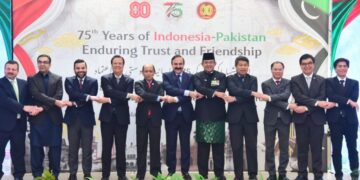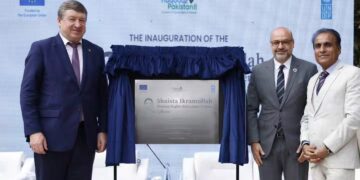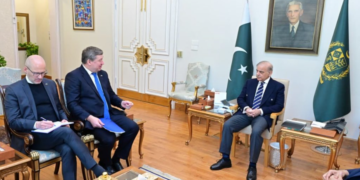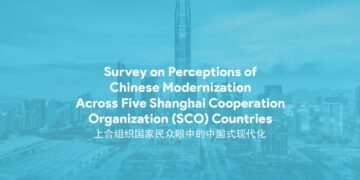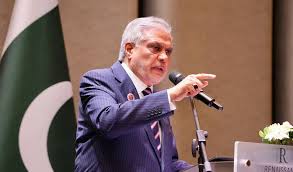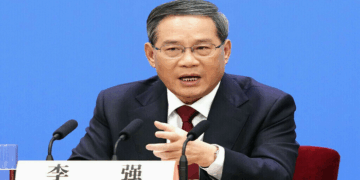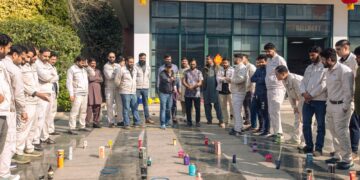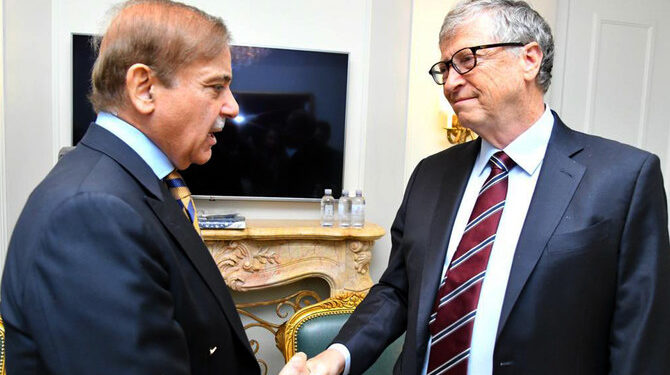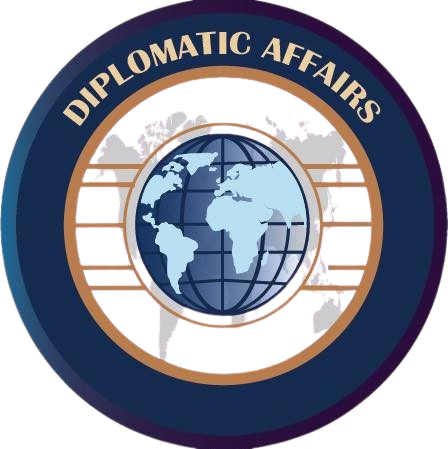The Bill & Melinda Gates Foundation has announced a $1 million grant to the World Health Organization (WHO) to bolster Pakistan’s response to the catastrophic monsoon floods, aiming to meet the health needs of more than 465,000 vulnerable people across 33 high-risk districts in Khyber Pakhtunkhwa, Sindh, Punjab, and Balochistan.
Converted into local currency, the support amounts to nearly Rs284 million — averaging just Rs610 (US$2.15) per affected person if distributed directly. However, officials clarified that the funds will primarily be used to maintain life-saving health services, strengthen disease surveillance, ensure the supply of essential medicines, and improve risk communication with communities. Special focus will be given to pregnant women, children under five, the elderly, people with disabilities, and displaced families. The initiative will be rolled out over the next six months.
The support comes as Pakistan faces a deepening health crisis triggered by climate-driven floods and cloudbursts. Since late June, more than 802 people have lost their lives and over 1,000 have been injured, while nearly 90 health facilities, thousands of houses, and vital infrastructure have been destroyed nationwide. Stagnant water and mass displacement have created conditions ripe for outbreaks of waterborne and vector-borne diseases, stretching the country’s fragile health system to its limits.
Dr. Dapeng Luo, WHO’s Representative in Pakistan, welcomed the Gates Foundation’s contribution during a visit to flood-affected Swabi district. “We are particularly thankful for this generous and timely support. As the climate crisis fuels extreme monsoons and natural disasters, rapid response and preparedness are critical to saving lives. WHO stands with Pakistan to deliver medical supplies, support authorities, and strengthen resilient health systems for future generations,” he said.
According to the Provincial Disaster Management Authority, Khyber Pakhtunkhwa alone has seen 450 deaths, 265 injuries, and over 860,000 people affected. At least 57 health facilities, 4,243 houses, and 60 schools have been damaged in the province. Nationwide, the NDMA reports widespread destruction to homes, roads, and bridges, with more than 122,000 people rescued in 832 operations. Around 30,000 displaced individuals remain in relief camps.
Since the onset of floods, WHO has dispatched medicines for 15,000 patients within 24 hours and provided medical stocks to assist nearly 380,000 people. Under its Monsoon Contingency Plan 2025, WHO and partners have prepared to deliver emergency services to as many as 1.3 million people if conditions worsen.
Health officials stressed that the Gates Foundation’s grant will not only address immediate needs but also help Pakistan prepare for future climate-linked health emergencies. With heavy rains still predicted, they warned that sustained support is vital to prevent further loss of life and suffering.





